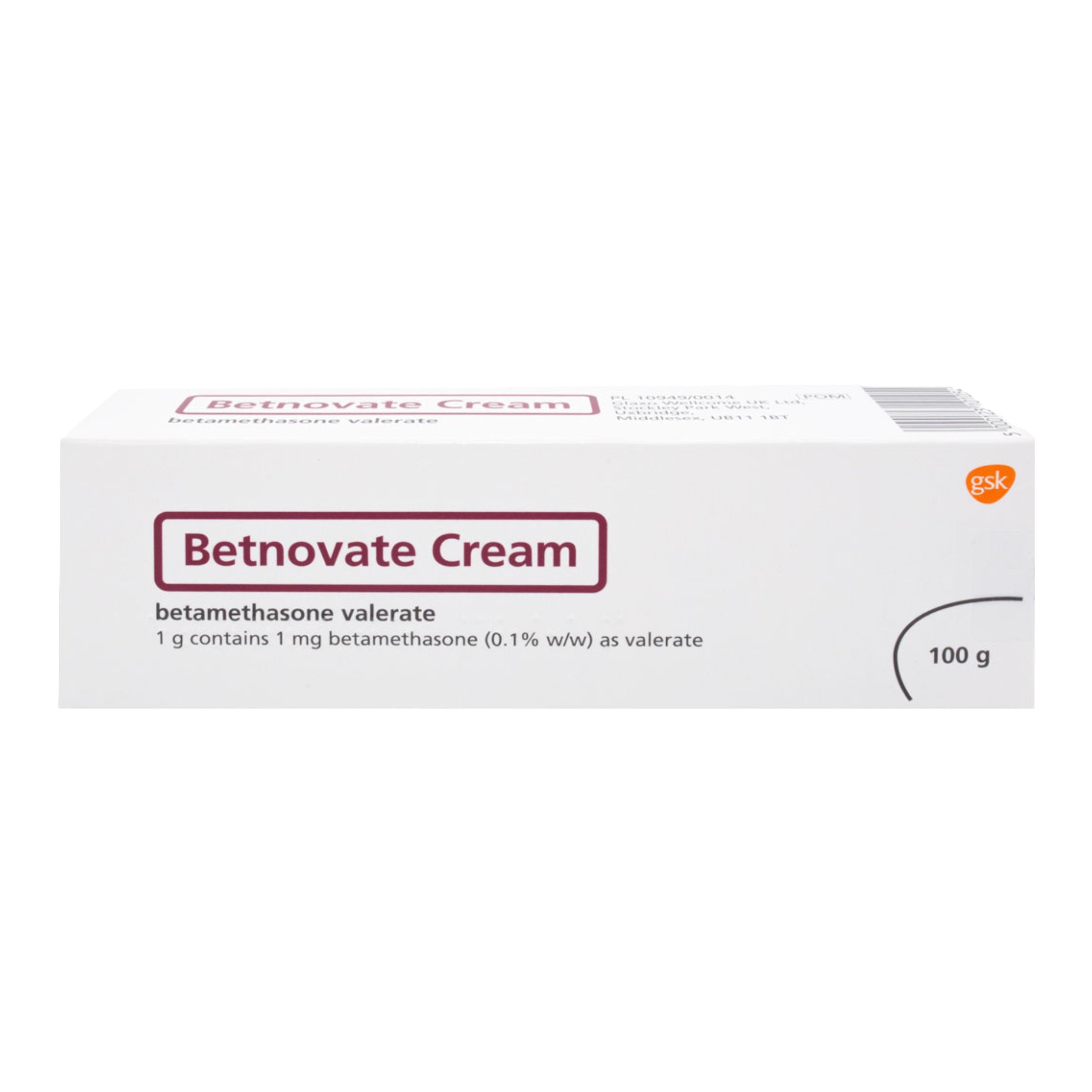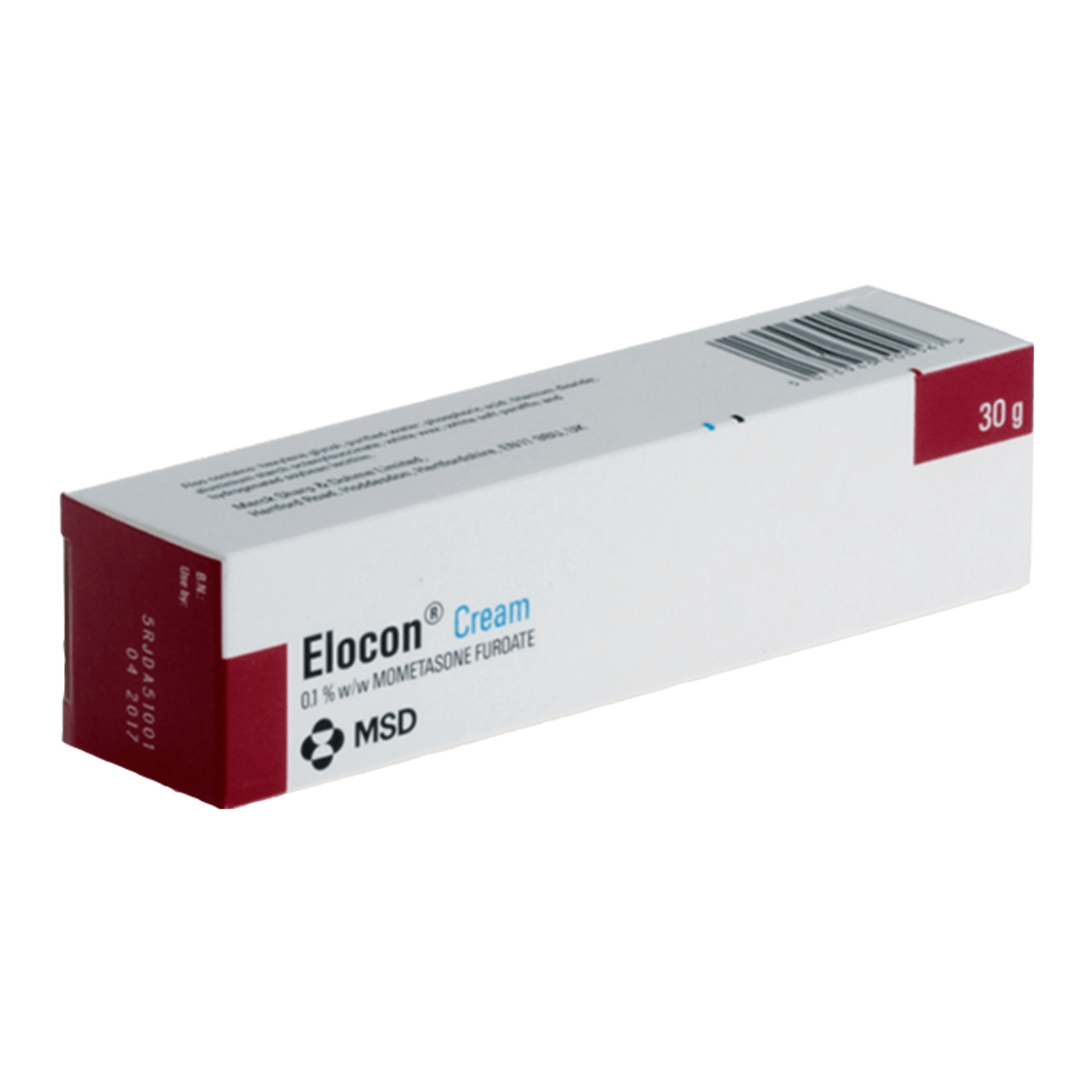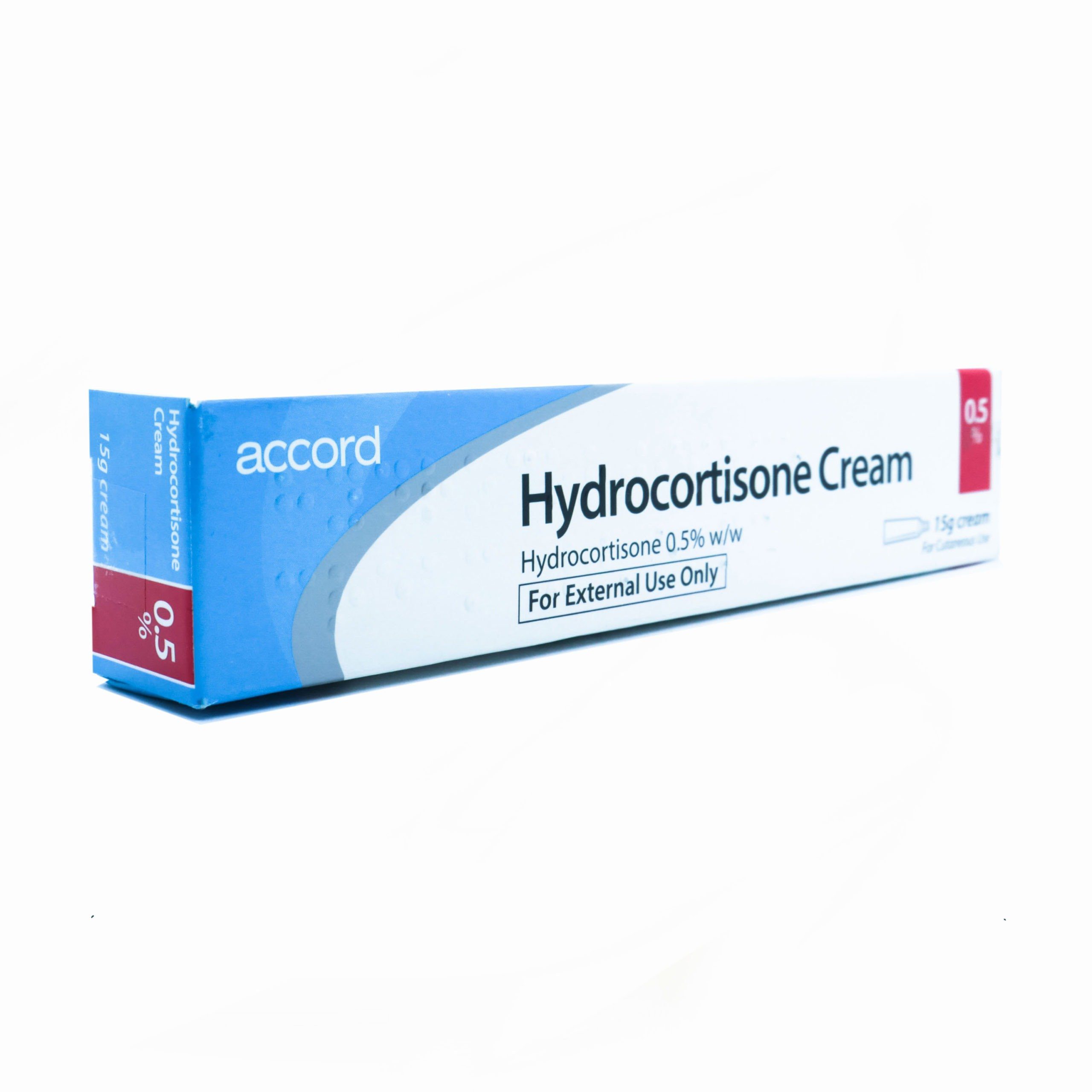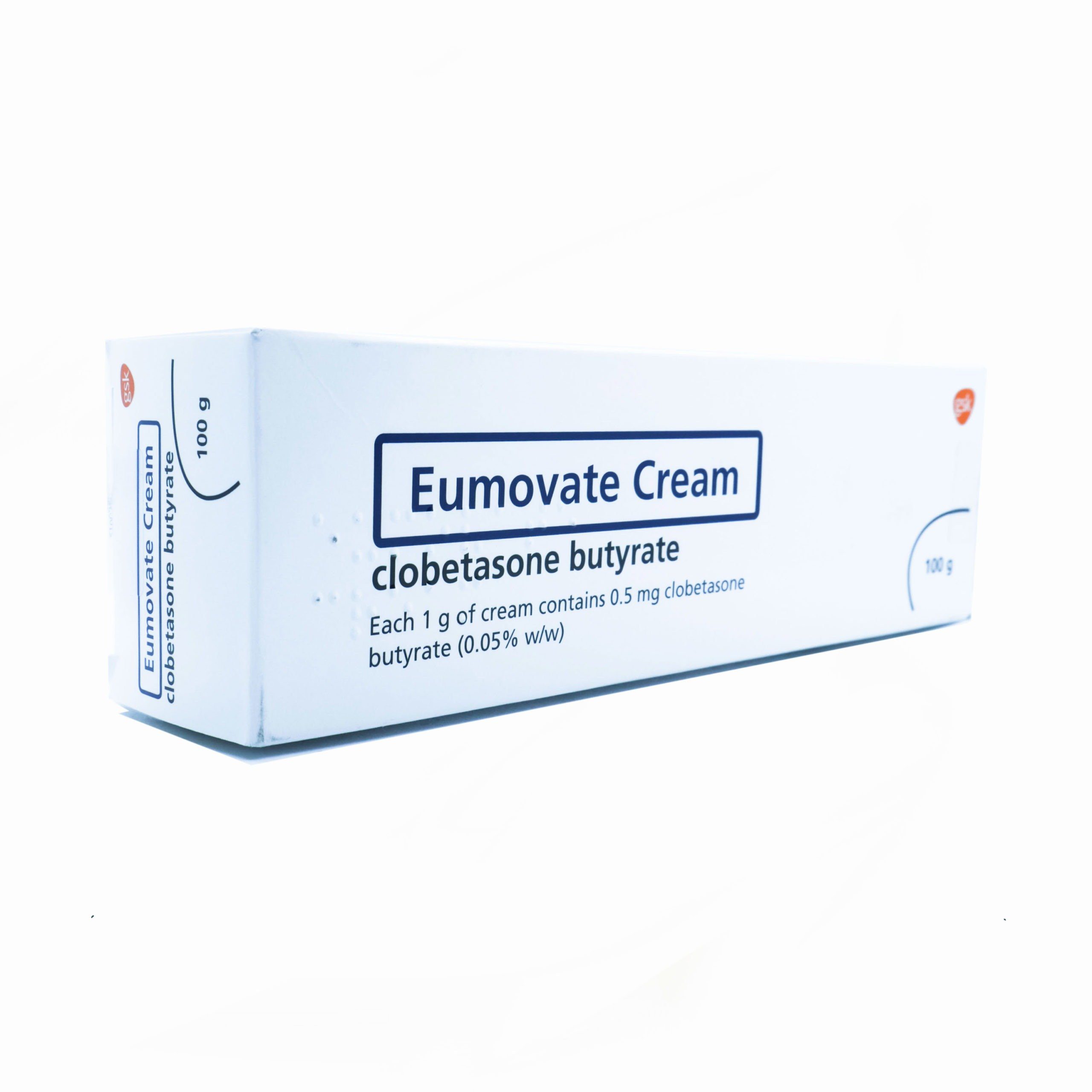Winter can be a particularly challenging time for those living with eczema. The colder weather often leads to dry skin, a common trigger for flare-ups. Many people find that their eczema worsens during these months, leading to more discomfort and irritation. Managing these flare-ups quickly and effectively can make a huge difference in reducing symptoms and preventing further skin damage.
Fortunately, there are a variety of topical treatments available that can help soothe eczema, especially during winter. In this article, we’ll look at the top eczema treatments—Betnovate, Eumovate, Elocon, and Hydrocortisone—and discuss their benefits, side effects, how to use them for the best possible relief, and practical tips for managing eczema during the colder months.
1. Betnovate

Betnovate is a potent corticosteroid commonly prescribed for treating moderate to severe eczema flare-ups. It works by reducing inflammation, redness, and itching that result from skin irritation. When applied to affected areas, Betnovate helps to suppress the immune response that causes eczema symptoms, providing significant relief within a few days.
This treatment is particularly effective for flare-ups that are more intense and difficult to manage with milder treatments. However, because of its strength, Betnovate is usually only recommended for short-term use and should be applied as directed by a healthcare provider. Betnovate is best used during periods of heightened eczema symptoms, especially when the skin is inflamed and uncomfortable. It should be applied thinly to the affected area once or twice a day, depending on your doctor’s advice.
While Betnovate is highly effective, it can cause side effects if used for prolonged periods. Common side effects include skin thinning, discoloration, or an increased risk of infections. It’s advised to use Betnovate exactly as prescribed to avoid these issues and speak with your doctor if you experience any concerning reactions.
In winter, use Betnovate in combination with a rich moisturiser to lock in hydration, especially after bathing. Applying the treatment after a warm (but not too hot) shower can help it absorb better and reduce the drying effects of cold, dry air.
2. Eumovate
Eumovate is a mild-to-moderate corticosteroid that is often prescribed for managing less severe eczema symptoms. It works by reducing inflammation, redness, and itching but is considered less potent than stronger options like Betnovate. This makes it a suitable choice for treating milder flare-ups or for maintaining control after symptoms have subsided.
Eumovate is often used as a step down from stronger treatments, providing effective relief without the risks associated with prolonged use of high-strength steroids. It’s gentle enough for use on more sensitive areas of the skin, such as the face, but should still be used under medical supervision.
Eumovate is ideal for flare-ups that are moderate and don’t require the intensity of stronger treatments like Betnovate or Elocon. It can also be used in conjunction with other treatments as part of a maintenance routine to keep eczema symptoms at bay. Typically, Eumovate is applied once or twice daily, depending on the severity of the symptoms.
While Eumovate is generally safe for short-term use, its best to avoid using it for extended periods without guidance from a healthcare provider. Long-term use can lead to side effects such as skin thinning or irritation. As always, follow your doctor’s instructions carefully and avoid applying the cream to broken or infected skin.
During winter, Eumovate can be especially useful for keeping flare-ups in check. Apply it to sensitive areas, like the face, that may dry out more quickly due to cold winds or indoor heating. Always follow up with a gentle, fragrance-free moisturiser to create a barrier against the drying winter air.
3. Elocon

Elocon is a strong corticosteroid designed to treat more severe eczema symptoms. It is highly effective in reducing persistent inflammation, swelling, and itching, making it a popular choice for individuals who struggle with frequent or intense flare-ups. As a potent treatment, Elocon works by suppressing the immune response in the skin, helping to calm even the most troublesome symptoms.
Due to its strength, Elocon is typically used only when other treatments like Eumovate or Hydrocortisone have not been sufficient. It’s usually prescribed for short-term use and should be carefully monitored by a healthcare professional.
Elocon is best used for severe eczema flare-ups where other treatments haven’t provided adequate relief. It is often applied once daily, but the frequency and duration will depend on your doctor’s recommendations. Elocon should be used sparingly, particularly on sensitive areas like the face, and should never be applied to broken or infected skin.
Because of its potency, Elocon comes with a higher risk of side effects compared to milder treatments. These may include skin thinning, discoloration, or even the development of stretch marks if used incorrectly or for prolonged periods. Other side effects can include stinging or burning at the application site. As with all corticosteroids, it’s advised to follow medical advice and discontinue use if any adverse reactions occur.
When using Elocon during winter, be mindful of how cold, dry air can exacerbate symptoms. Apply it before going outdoors, and consider covering treated areas with soft fabrics (like cotton) to avoid irritation from heavy winter clothing. This will help protect your skin while managing severe flare-ups.
4. Hydrocortisone

Hydrocortisone is one of the most widely-used treatments for mild eczema. It is a gentle corticosteroid that works by reducing inflammation and easing itching. Hydrocortisone is often the first line of treatment for eczema, particularly for those with sensitive skin or milder symptoms, as it is much less potent than other corticosteroids like Betnovate or Elocon.
This treatment is available both over-the-counter and by prescription, depending on the strength required. Its mild nature makes it a good option for regular use on sensitive areas, such as the face and neck, and for managing smaller flare-ups during the winter months.
Hydrocortisone is ideal for treating mild eczema or for use on areas of the skin that are more delicate. It’s often applied once or twice daily, depending on the severity of the symptoms. Because of its mildness, it is generally safe to use for longer periods than stronger corticosteroids, though prolonged use should still be supervised by a healthcare professional.
Though Hydrocortisone is considered mild, it should still be used with caution, especially on broken or infected skin. Side effects are rare but can include mild irritation or a stinging sensation when first applied. As with all steroid treatments, it’s advised to avoid using Hydrocortisone for extended periods without professional advice, as this can lead to thinning of the skin over time.
Hydrocortisone is perfect for managing minor flare-ups in winter, especially in areas exposed to the cold, such as the hands and face. After applying the cream, use a thick, protective moisturiser to seal in the treatment and shield the skin from harsh outdoor elements.
Eczema can be particularly challenging to manage during the winter months when colder temperatures and dry air often trigger flare-ups. Fortunately, there are several effective treatments available to help soothe symptoms and keep flare-ups under control. From stronger options like Betnovate and Elocon to milder treatments like Eumovate and Hydrocortisone, each treatment serves a specific purpose depending on the severity of your eczema.
There’s a need to remember that while these treatments can offer relief, they should always be used under the guidance of a healthcare professional. This means that the correct treatment is chosen based on your individual needs and minimises the risk of side effects. In addition to using prescribed treatments, adopting good skin care habits, such as regular moisturising and protecting your skin from harsh winter conditions, can go a long way in keeping eczema symptoms at bay.
Everyone’s skin is different, so finding the right treatment for you may take time. However, with the right approach, it’s possible to manage eczema effectively and enjoy healthier skin, even in the colder months.



